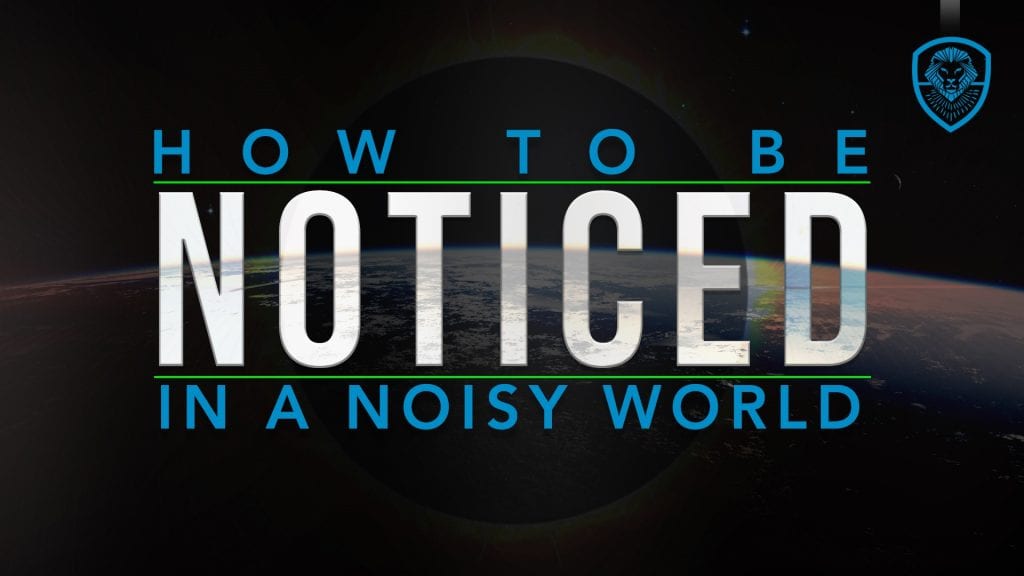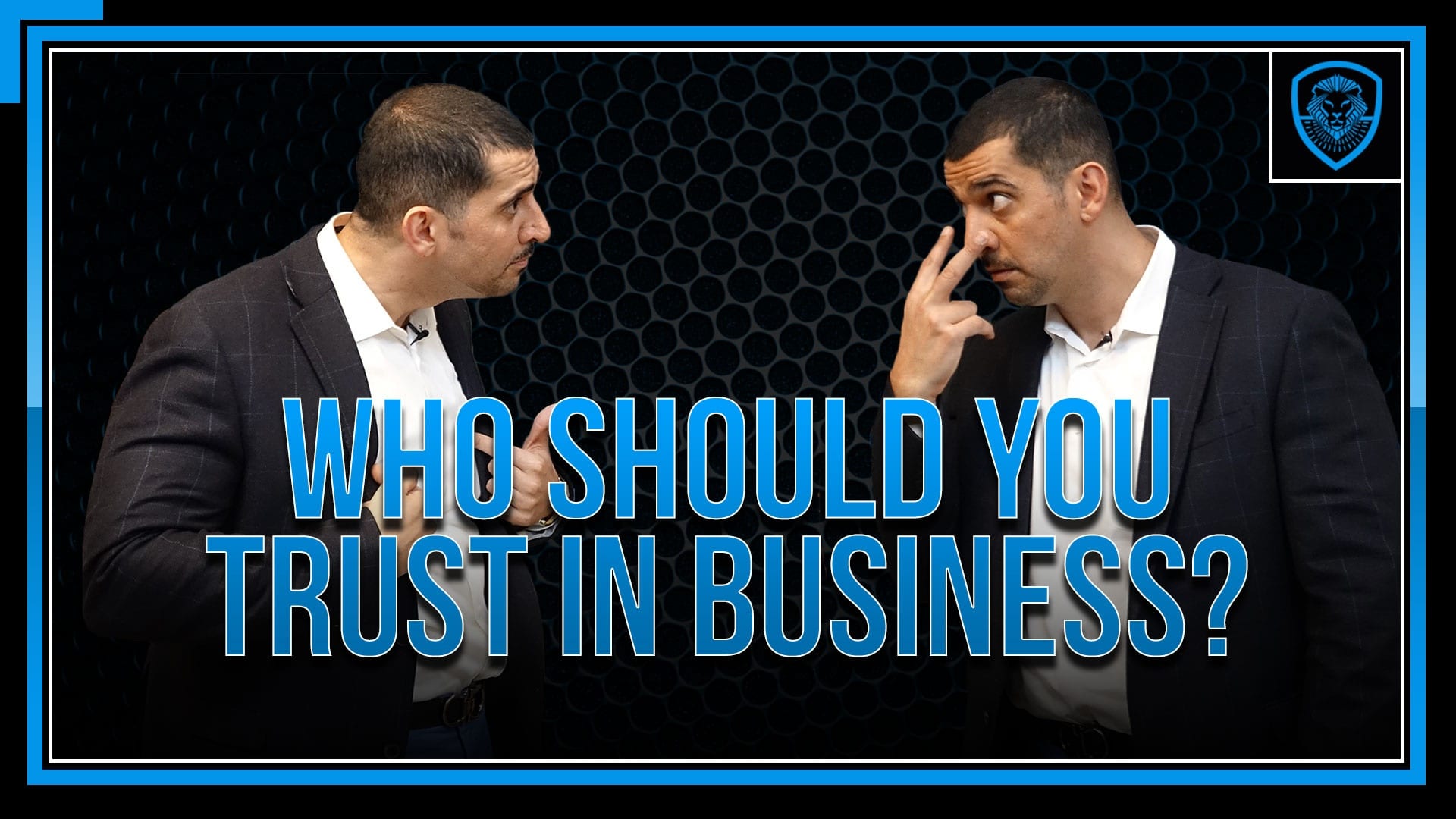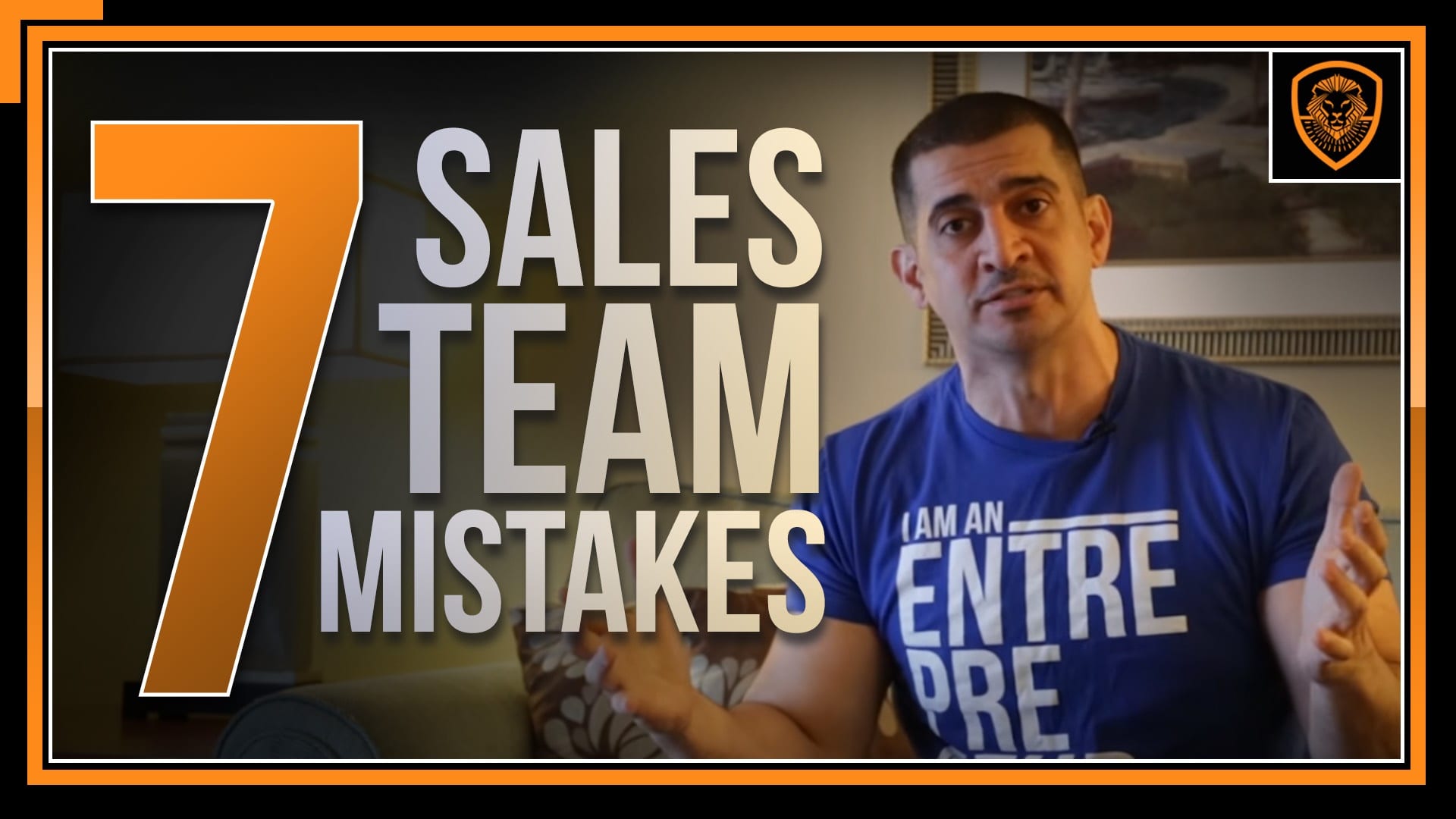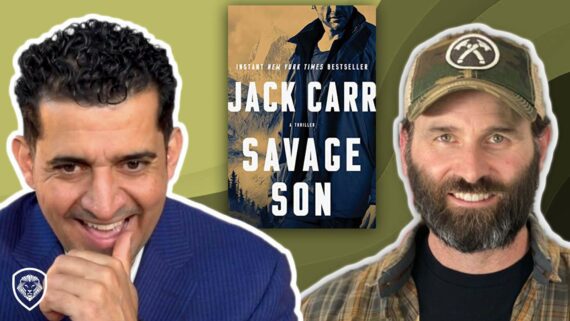
One of the most critical issues all, but especially new entrepreneurs face, is one of obscurity. You can have the best product or service out there, but that won’t do you or anyone else any good if nobody knows you exist. In this week’s roundup I’m serving up articles that will help you know how to be noticed in a noisy world, and a important precaution you should take.
#1: Understand Website Basics
This article published on Entrepreneur.com titled Essential Web Skills Every Modern Entrepreneur Must Have lays out the following four web skills that they believe every entrepreneur should have:
- Split testing and conversions
- Managing a blog
- Tracking metrics
- Basic coding for troubleshooting
You can read more details on those four points here.
Here's where I agree and disagree with the above points. I agree that someone on your team needs to have those skills, but I don't agree that you have to be the one. For example, it may make more sense for you to hire someone who knows how to do basic coding than it would to take the time to learn that skill yourself. Or you may create content for a blog, but hire someone else to manage the blog. You may have someone else track the metrics -- but you need to be aware of the metrics and understand what they mean.
Now if you're bootstrapping, you may need to learn the most basic aspects of these things on your own, but in most cases your time can be better spent hiring much of this out and investing that time into building your business rather than the time suck of doing things like learning how to code.
Even though I largely disagree with the points made in this article, I wanted to include it in this roundup because one thing is certain: to be noticed in a noisy world, you need to have a solid web presence.
#2: Start a Blog
This article published on Small Business Trends titled Do You Have a Blog For Your Ecommerce Site? Here Are 5 Reasons Why You Should lays out the following five reasons to have a blog:
- Blogs Build Trust
- A Blog Can Grow Your Following/Consumer Base
- Blogs Attract New Leads
- Blog Content Will Boost Your Site Rank and Grow Links
- It’s a Built-in Content Marketing Tool
Notice that the fourth reason is that having a blog will boost your site rank. What this essentially means is that if you have a blog, your website will rank better in Google and other searches. Some entrepreneurs make the mistake of setting up a static website and hoping that somehow people will magically discover it. While a static website is better than nothing, if you want to be noticed in a noisy world, a blog will help make that a reality.
Go here to read more about the points listed above.
#3: Own Your Primary Platform
In the intro to this article I mentioned that I was going to provide an important precaution to take, and here it is:
Don't build your business on property someone else owns.
Now I'm not talking about the physical location of your business. You may very well rent office space or a storefront. But when it comes to your online presence -- which we've already established is necessary if you want to be found -- you need to own your primary platform.
Here's what I mean by that. This site, PatrickBetDavid.com is owned by who? Patrick Bet-David. Right? As the owner of it, he can do what he pleases with it, so long as it's legal. He also publishes a ton of content on other platforms such as YouTube, and those other platforms play an important role in him being found online. However, in spite of how great those other platforms are, there is an inherent risk in them since he doesn't own them. They could at any time change the terms, and I've even known some people to have their accounts shut down for various reasons.
This article published on Small Business Trends is about YouTube's move to demonetize some of the videos on YouTube. What that essentially means is that YouTube videos that fall into certain categories that were making money for the channel owner, no longer do. How can they do that? It's simple; it's their playground, and they set the rules. That's one of the risks of building a business on someone else's platform. Now this doesn't mean you shouldn't publish content on platforms you don't own, but it does mean that your primary home on the web should be something you own and control, 100%.
#4: Provide Solid Information
This article published on Entrepreneur.com provides five tips for improving your website's knowledge bases. The focus of this article is on customer service more than on creating a solid knowledge base for the purpose of being found online, but the principles presented work for both. They are:
- Make it easy to find
- Fully stock it
- Match common requests
- Use visuals
- Monitor searches
The second point, fully stock it, is where a blog often comes in. Blog posts are one of the best ways to stock your knowledge bases.
In addition to helping your site be found online, knowledge bases are often shared with others. My guess is that when you find helpful articles, videos and other content online, you've often shared it with others. In fact, if you've found this content helpful, click on one of the buttons below to share it with your friends:
(See how easy that was?)
Go here if you'd like to read the entire article.
#5: Take Advantage of Being Small
I've heard many entrepreneurs lament the fact that they are small and don't have all the resources of the bigger companies. And while that's true, and it may seem like you can't possibly compete with the big boys, take heart; there are advantages to being small. This article published on Small Business Trends provides the following six SEO (search engine optimization) advantages that small businesses have over major firms:
- Niche targeting
- Local SEO
- General agility
- Novelty
- Personal brand power
- Publication appeal
The two that personally stand out to me the most are general agility and personal brand power.
First, let's think about agility. Have you ever noticed that the bigger something is, the slower it moves? Here's a personal example that comes to mind. Have you ever gone somewhere like Disneyland with just one friend, your spouse, or a small family? Have you also ever gone to the same type of place with a group of 20 people? If your experience matches mine, you can do everything way faster with the small group than the large group. With the large group, it may take 30 minutes just to decide where to have lunch, and when to meet up again. With a small group, you simply do whatever it is, without a lot of planning and coordination. It's easy! I've experience the same type of things with businesses I've worked with. The larger the business, the more red tape and complications there are for every decision that needs to be made and every action that needs to be taken.
Now let's look at personal brand power. More and more people want to do business with people. They want a personal touch. As an example, on social media, you'd rather interact with "Joe," than "XYX company." You feel like you can relate to Joe. Joe is someone you could have coffee with (no pun intended).
Another thing that I've noticed with personal brands versus large companies is personality. Sometimes when a committee of people is involved, the personality is stripped out of everything. Consider this example: compare the difference between a book written by a single author (or two coauthors) vs. a text book written by an entire team of experts. We often connect and resonate with books written by a single author, and are put to sleep while reading a textbook on the same topic. Why? Personal brand. It's no coincidence that the word, "personal" is at the beginning of the word, "personality." Small companies have a huge edge over large corporations when it comes to personal brand.
You can read about each of these more in detail here.
#6: Be Persistent
Even if you follow the advice of all of these ways to be noticed in a noisy world, unless you're persistent, you'll likely have dismal results. This is one of the nine lessons that Tim Denning wrote about in his article published on Addicted2Success: What I’ve Learned From Writing Over 150 Blog Posts.
As I've mentioned a few times already in this article, blogging is one of the best ways to be noticed online. But a huge mistake that many bloggers make is expecting to be noticed after writing just a few posts. The reality is that persistence is required not just in blogging, but in any aspect of growing a business.
Here are all of the ten lessons learned after writing 150 blog posts:
- Persistence is hard
- Writing is therapeutical
- People will be inspired
- Haters will hate
- Raving fans are the key to your motivation
- You’ll never run out of things to say
- The secret starts with 4 and ends in AM
- Everyone needs motivation
- Emotion is at the center of everything
The ones that matter most when it comes to being noticed in a noisy world are the secret starting at 4 and ending with AM and emotion is the center of everything. While you may not need to get up at 4:00 a.m. to write blog posts, you will need to put in the time, and for many entrepreneurs that means either getting up early or staying up late. Regarding "emotion being at the center of everything," consider this quote from the article:
Every viral blog post I’ve had and every bit of engagement I’ve seen has come from emotion.
Why is that true? I believe that it's true that people take action in response to their heart being touched in some way. They may be angry about something and tweet about it, or be moved to tears or laughter and share the article or video on Facebook. Emotion is in and of itself a response, and it often precipitates some other type of response such as spreading the word about the piece of content.
You can read the entire article here.
#7: Behave Professionally
If you've gone to the trouble of starting a blog, and you've determined to put in the hours needed to make it succeed, the last thing you want to do is behave unprofessionally and thus kill your blog.
This article by Cynthia Ranjeeta and published on Addicted2Success gives the following nine things that can kill your blog:
- Too much information
- Profanity
- Poor spelling and grammar
- Seeking sympathy
- Inappropriate images
- Inappropriate humor
- Repeated requests
- Controversial references
- Inappropriate remarks
While many of the nine things listed above are just plain offensive, they are also to a large degree unprofessional. Now some people make profanity and other crude behavior a big part of their brand, and some audiences may respond well to it. Personally I don't recommend doing that because it can alienate a big part of your potential customer base, but if you do choose to go that route, be sure that you're doing it for more than shock value.
If you over do something for the sake of shock value, over time the effectiveness wears off, and people won't stick around if you don't have something of substance to offer. In addition to that, profanity, inappropriate images, inappropriate humor, inappropriate remarks and controversial references may shout so loudly that people totally miss your true message.
Another thing that I've noticed and experienced myself is that if something is really crude, people hesitate to share it with their broader network, knowing it will offend a lot of people. So if your goal is to be noticed in a noisy world, focus on substance rather than shock value.
#8: Focus on Giving
This article, How To Get Your Message To The World Noticed In A Crowd Of People, by Tim Denning is what inspired the focus of this week's roundup. In the article, he provides the following five tips:
- Don’t talk about you
- Give
- Be heartfelt
- Be vulnerable
- Share your story
While giving is just one of the five points, I feel that giving is at the core of many of the points in the article. And really, in order to be noticed in a noisy world, giving needs to be the foundation for much of the advice presented in today's roundup. For example, if you have a heart to give, you won't unnecessarily hurt people by behaving in an unprofessional manner, you'll provide solid and helpful information for your audience, and your desire to give and help others will inspire you to persist, when you feel like quitting.
And by the way, since social media itself wasn't covered in today's roundup, you may want to check out this video from our archives, How to Stand Out on Social Media as an Entrepreneur.
Your Turn
If you have any comments or questions about this article, leave them below. And if you have any tips on how to be noticed in a noisy world, be sure to share them as well.






